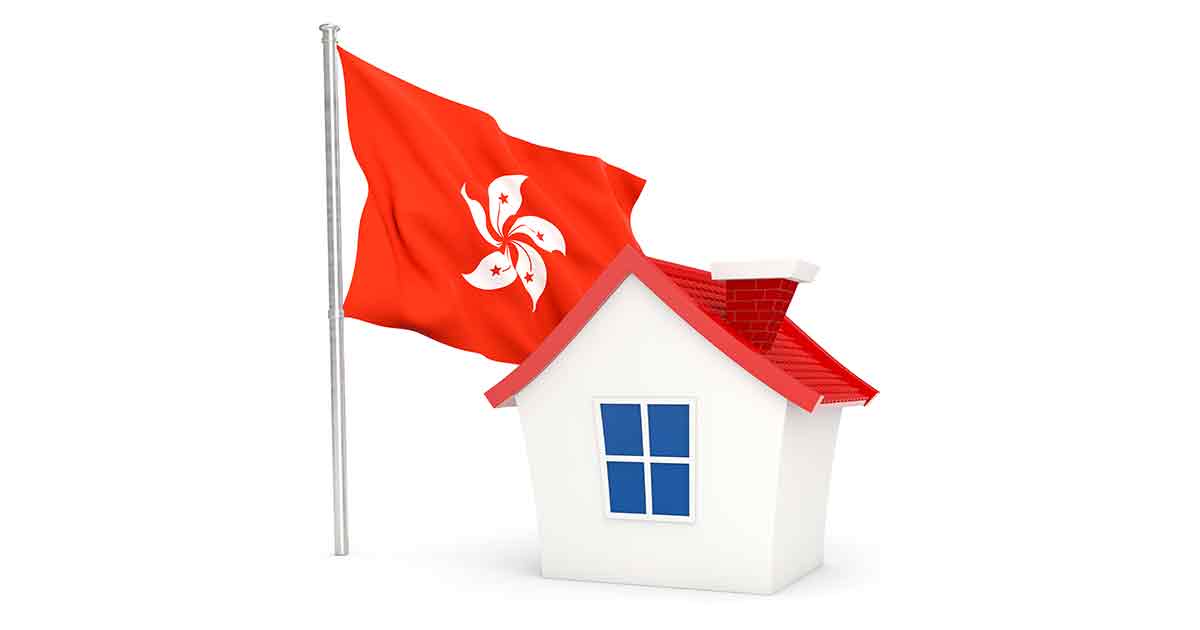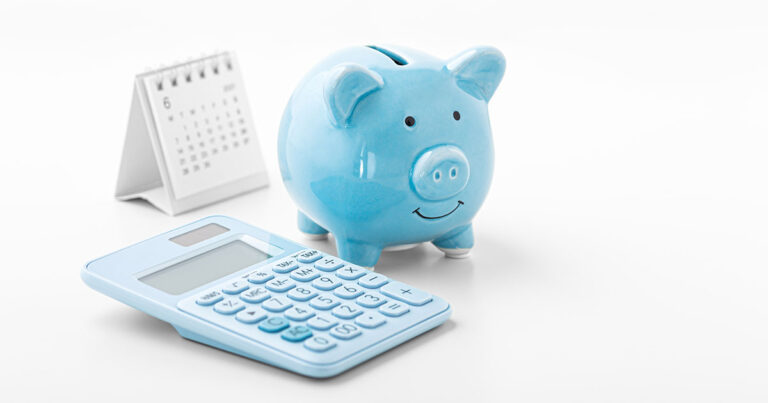Foreigners buying property in Australia: rules & costs explained

This article covers:
Australia attracts foreign property buyers due to its strong economy, high quality of life and resilient real estate market. Investors see Australian property as a secure and profitable asset, particularly in cities like Sydney, Melbourne and Brisbane. Australia’s legal framework guarantees substantial property rights and protections, which attracts international investors.
According to recent data, foreign investment in Australian residential real estate has been increasing, with China, the United States and the United Kingdom being the top sources of international buyers. However, strict government regulations control foreign ownership to ensure local buyers are not disadvantaged and to prevent excessive property speculation.
Key Takeaways
- Non-residents can buy property in Australia but must comply with strict regulations.
- The Foreign Investment Review Board (FIRB) will need to approve most purchases.
- Foreign buyers can generally only purchase new developments or vacant land.
- Additional taxes and fees apply, making investment more costly.
- Alternative options include off-the-plan properties and joint ventures with Australian residents.
To better understand how these requirements apply in real scenarios, let’s consider the following example:
When Daniel, a tech entrepreneur from Singapore, first considered buying property in Australia, he was drawn to its stable market and high rental yields. He imagined owning a sleek apartment in Melbourne’s Docklands, where he could stay during business trips and rent out for passive income.
Excited, Daniel found a property and was ready to buy—until he learned about FIRB approval, stamp duty surcharges and strict foreign ownership rules.
He realised he couldn’t purchase an existing apartment and had to shift his focus to new developments or off-the-plan properties. Determined, he worked with a local real estate agent who helped him navigate the process.
After securing FIRB approval and financing, Daniel finally purchased a modern off-the-plan unit in a prime location. The journey wasn’t easy—higher deposit requirements, foreign investor taxes and complex regulations made it challenging. However, with expert advice and careful planning, Daniel was able to navigate the Australian property market successfully.
Read to learn more!
Can Non-Residents Buy Property in Australia?
Non-residents can buy property in Australia, but they must follow government rules and obtain FIRB approval. The laws vary depending on the buyer’s residency status:
- Temporary visa holders (e.g., students and skilled workers) can purchase a single existing property as a residence but must sell it when they leave Australia. They cannot use the property for investment or long-term rent. If they transition to permanent residency, they may be able to keep the property under different rules.
- Foreign investors (who do not live in Australia) can only buy new properties or vacant land for development. This restriction is intended to boost housing supply rather than allow speculative investment in existing properties. Investors must ensure construction is completed within a specific timeframe, or they risk penalties.
- Permanent residents and New Zealand citizens are treated like Australians and face no special restrictions. They can buy both new and existing properties without FIRB approval.
FIRB Approval and Recent Changes
The Foreign Investment Review Board (FIRB) administers foreign property purchases in Australia. Foreign investors need to obtain FIRB approval before buying residential property. Approval is not automatic and depends on factors such as the type of property and its impact on the local housing market.
FIRB applications come with fees, which increase based on the property’s value. As of recent government changes, fees start at AUD 4,000 for properties valued under AUD 1 million and increase for higher-value properties.
The government has introduced stricter foreign ownership rules in response to growing concerns about housing affordability. These include:
- Higher FIRB fees for foreign buyers to discourage speculative purchases.
- Stricter penalties for non-compliance, including forced property sales.
- Vacancy tax on unoccupied properties for more than six months in a year.
- Stronger monitoring and enforcement to ensure compliance with foreign ownership laws.
These measures aim to ensure that foreign investment contributes positively to the Australian housing market without making it harder for local buyers to enter.
Foreign Property Ownership in Australia: Rules & Restrictions
Foreign buyers must follow strict regulations when purchasing property in Australia. The government enforces these rules to manage housing demand and protect local buyers. Foreign buyers can purchase:
- Newly built properties: Apartments or houses in new developments.
- Vacant land: Provided they develop it within a specific timeframe.
- Off-the-plan properties: Units in development before construction is complete.
Foreign buyers cannot purchase existing residential properties unless they are temporary residents living in Australia. The government enforces these restrictions to prevent foreign buyers from driving up housing prices for local buyers.
Additionally, certain states impose additional restrictions, such as higher foreign investor stamp duty surcharges, which vary between regions.
How To Buy a Property in Australia as a Foreigner: Step-by-Step Guide
Foreign buyers must follow a structured process to purchase property in Australia. From researching the market to securing financing and obtaining FIRB approval, each of these steps requires careful planning:
1. Research the Market
Before buying property in Australia, study the market first to find the right location based on your investment goals. Consider the following factors:
- Major cities vs. regional areas: Sydney, Melbourne and Brisbane tend to have high capital growth, but Adelaide and Hobart may offer better affordability and rental yields.
- Economic growth and job markets: Cities with strong economies and employment opportunities generally have better long-term property appreciation.
- Rental yields: If you’re buying for investment, look for areas with strong rental demand and good returns.
- Infrastructure and development plans: Upcoming transport links, schools and commercial projects can boost property values.
- Government policies: Some states impose additional taxes and fees on foreign investors, affecting profitability.
Pro tip: Use property research websites such as CoreLogic, Domain and realestate.com.au to compare price trends and market insights.
2. Engage a Real Estate Agent
Finding the right real estate agent can simplify buying, especially for foreign investors unfamiliar with Australian property laws.
- Choose an agent experienced in working with foreign buyers: They should understand FIRB requirements, financing options and legal considerations.
- Get access to off-market deals: Some agents can provide early access to new developments or properties before they hit the open market.
- Understand property values: Agents can guide you on fair market prices to avoid overpaying.
- Negotiate better deals: Experienced agents can negotiate price reductions, better contract terms or additional incentives like furniture packages in new developments.
Pro tip: Look for licensed agents with good reviews and experience in your target city or your own.
3. Apply for FIRB Approval
As mentioned above, the Foreign Investment Review Board (FIRB) must approve most foreign property purchases before proceeding. Here is the process:
- Submit an online application via the FIRB website.
- Processing time: Applications typically take 30–90 days, so apply early to avoid delays.
- Costs: FIRB application fees start at AUD 4,000 for properties under AUD 1 million and increase for higher-value properties.
- Common reasons for rejection: The application may be denied if a property does not meet FIRB guidelines (e.g., an established home for investment purposes).
Pro tip: Engage a legal professional to help with the application and ensure compliance with FIRB regulations.
4. Secure Financing
Financing for foreign buyers can be more challenging, as Australian banks have stricter lending criteria.
Options for financing your purchase:
- Australian banks: Some banks lend to foreign investors but often require a 30-40% deposit and charge higher interest rates.
- International banks: If you have banking relationships in your home country, some global banks with Australian branches may offer better rates.
- Private lenders: Some non-bank lenders specialise in foreign buyer loans but often charge higher interest rates.
- Cash purchase: Paying in cash eliminates financing restrictions and interest costs.
Documents needed for a mortgage application:
- Proof of income and employment
- Credit history (Australian or international)
- Passport and visa status
- FIRB approval confirmation
- Deposit proof (funds held in an Australian bank account)
Pro tip: Work with a mortgage broker specialising in foreign buyers to explore all financing options. Many investors seek international funding or use services that facilitate large currency transfers to Australia at competitive exchange rates to get the best value for their investment.
5. Hire a Lawyer and Tax Advisor
Legal and tax compliance is crucial for foreign buyers, as Australian property laws are complex.
- Hire a conveyancing lawyer: They will handle legal checks, draft contracts and ensure FIRB and state regulations are followed.
- Understand your tax obligations: Foreign investors are subject to:
- Stamp duty: Varies by state; foreign buyers often pay an additional 7-8% surcharge.
- Capital gains tax (CGT): If you sell the property, you may be taxed more than Australian residents.
- Annual land tax: Some states impose extra land taxes on foreign-owned properties.
- Vacancy tax: Additional taxes may apply if your property is left empty for more than six months per year.
Pro tip: Consult a tax advisor to optimise tax strategies and explore any exemptions or deductions available.
6. Make an Offer and Sign Contracts
Once you have FIRB approval and financing secured, you can make an offer on your chosen property.
- Types of property sales:
- Private treaty: A negotiation process where you submit an offer and the seller accepts or counters.
- Auction: Popular in cities like Sydney and Melbourne; buyers must register and bid at a competitive auction.
- Deposit required: Typically, 10% of the purchase price is paid when signing the contract.
- Cooling-off period: Some states allow buyers a short cooling-off period (e.g., 5 days in NSW) after signing, except for auction sales.
- Ensure legal protections: Have a lawyer review the contract before signing to avoid hidden clauses or fees.
Pro tip: Ask for contract conditions such as “subject “or FIRB approval” or “sub” etc. “or financing approval” to protect yourself.
7. Complete Settlement and Registration
Once all conditions are met, the property purchase is finalised.
Steps in the settlement process:
- Pay the remaining balance: The purchase price is transferred to the seller.
- Stamp duty payment is due within 30 days of contract signing unless an exemption applies.
- Title registration: The property is registered in your name with the relevant state land title office.
- Legal checks and final approvals: Your lawyer ensures all paperwork is in order and that the property complies with local regulations.
- Handover and possession: You receive the keys and legal ownership once a settlement is complete.
Pro tip: Allow extra time for settlement if dealing with international money transfers or foreign exchange fluctuations.
Costs & Taxes Associated with Foreign Ownership
Foreign buyers in Australia face additional costs beyond the property’s price. Government fees, taxes and legal expenses can significantly impact the total investment. Below is a breakdown of key expenses:
Main Costs
- FIRB Application Fees: Starting from AUD 4,000 for properties under AUD 1 million.
- Stamp Duty: Varies by state – foreign buyers often pay an additional surcharge (e.g., 8% in Victoria, 7% in New South Wales).
- Annual Land Tax: Some states charge extra for foreign-owned properties.
- Capital Gains Tax (CGT) applies when selling the property, with non-residents facing higher rates.
- Vacancy Tax: Foreign owners must pay this tax if their property remains unoccupied for more than six months a year.
If you need to transfer a large amount of money for your purchase, it’s always wise to use a cost-effective and reliable service to avoid excessive fees.
Possible Exemptions or Loopholes
- Buying off-the-plan properties may offer tax benefits.
- Partnering with an Australian citizen can reduce tax burdens.
- Some states provide exemptions for specific investment types or regional properties.
Alternative Investment Options for Foreigners
Foreign investors can explore options beyond standard residential properties. Off-the-plan properties, joint ventures with Australian residents and commercial real estate offer fewer restrictions. These alternatives provide profitable opportunities while ensuring compliance with Australian regulations:
- Off-the-Plan Properties: Many foreign investors buy off-the-plan to avoid existing property restrictions and benefit from potential capital gains.
- Joint Ventures with Australian Residents: Partnering with a resident or company can provide more flexibility and reduce regulatory burdens.
- Commercial Real Estate: Fewer restrictions apply, making it a viable alternative for investors looking to enter the Australian market.
- Managed Investment Schemes: Some property investment funds allow foreign investors to gain exposure to the Australian real estate market without direct ownership.
*Use a reliable platform for secure, quick and large international money transfers.
Conclusion
Foreigners can buy property in Australia but must navigate strict regulations, FIRB approvals and additional costs. While investing in Australian real estate can be profitable, buyers should fully understand the financial and legal implications before proceeding.
If you’re considering investing, consult a property expert or legal advisor to ensure compliance and maximise your investment potential.
Looking for an easier way to handle international transactions? Instarem provides an innovative solution for seamless large money transfers with competitive exchange rates and fast processing.
- Low-cost international transfers with no hidden fees
- Multi-currency payments for smooth global operations
- Fast transfer speeds to ensure timely payments
- Dedicated business support for hassle-free transactions
Managing global business payments? Take control of your funds and find out how Instarem can streamline international payroll, supplier payments and intra-company transfers.
FAQs
How does foreign property ownership affect Australian visa applications?
Buying property in Australia does not automatically grant a visa or residency. However, certain investor visa programs, like the Significant Investor Visa (SIV), allow high-net-worth individuals to invest in Australian assets, including real estate, as part of their eligibility criteria.
Can a foreigner buy property through an Australian company?
Foreigners can buy property through an Australian-registered company, but it must still comply with FIRB regulations if the company is majority foreign-owned. Setting up a business structure with local partners can sometimes offer more flexibility, but legal and tax implications should be carefully considered.
Can a foreigner apply for Australian residency by buying a property?
No, buying property alone does not grant Australian residency. However, significant property investment may support visa applications under the Business Innovation and Investment Program (BIIP), which requires meeting specific financial and business criteria.



























